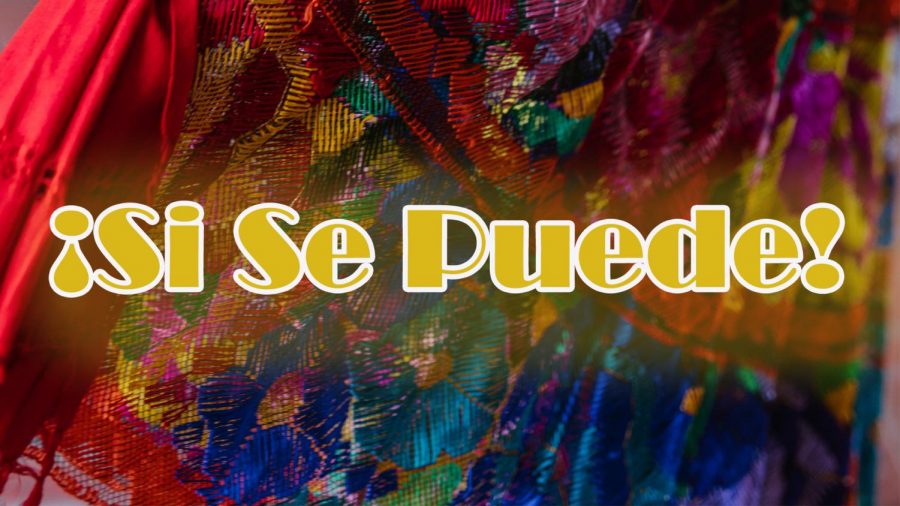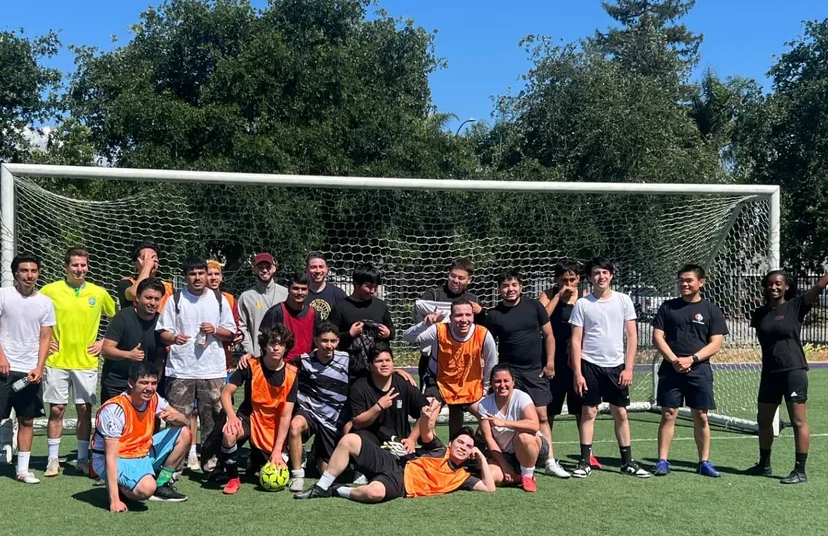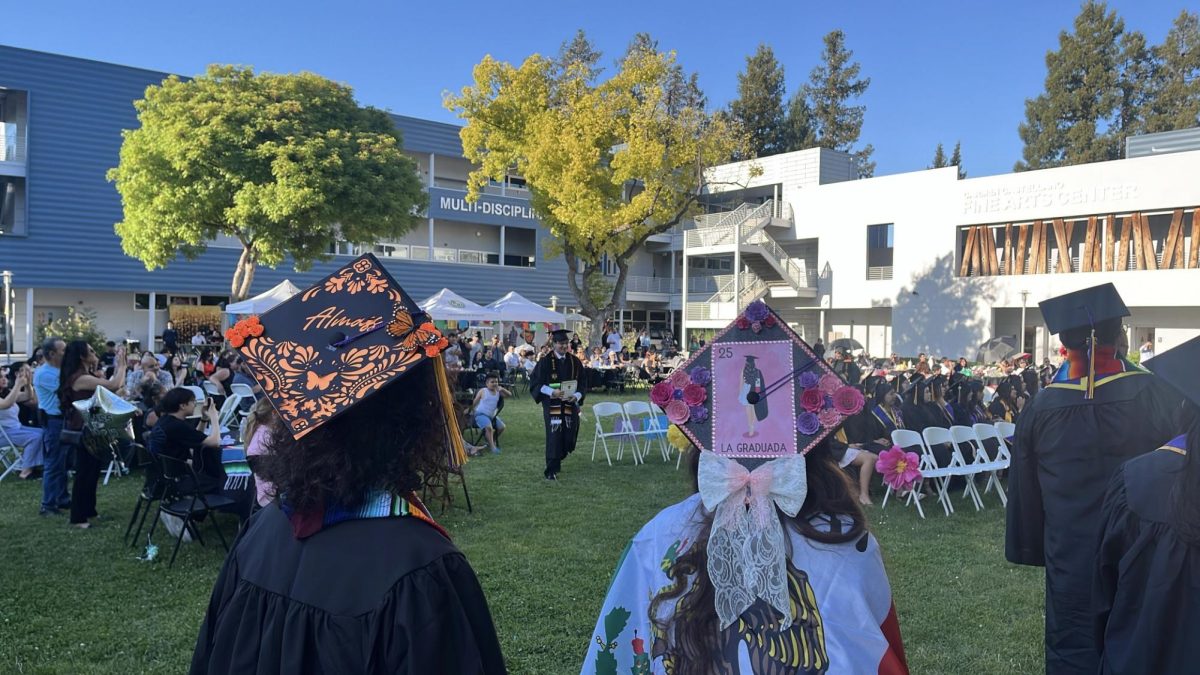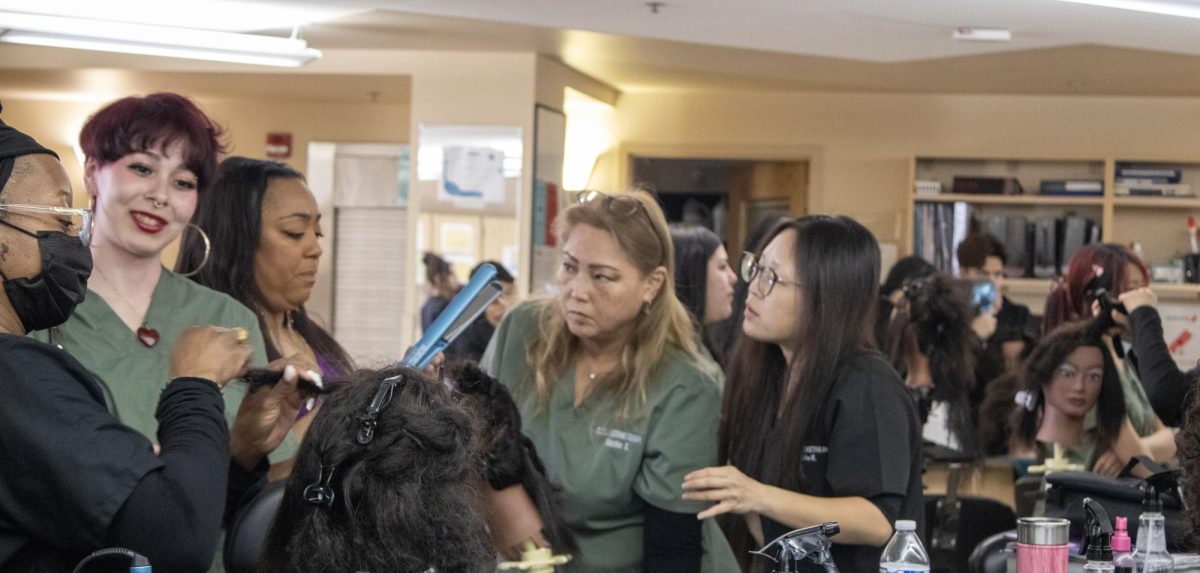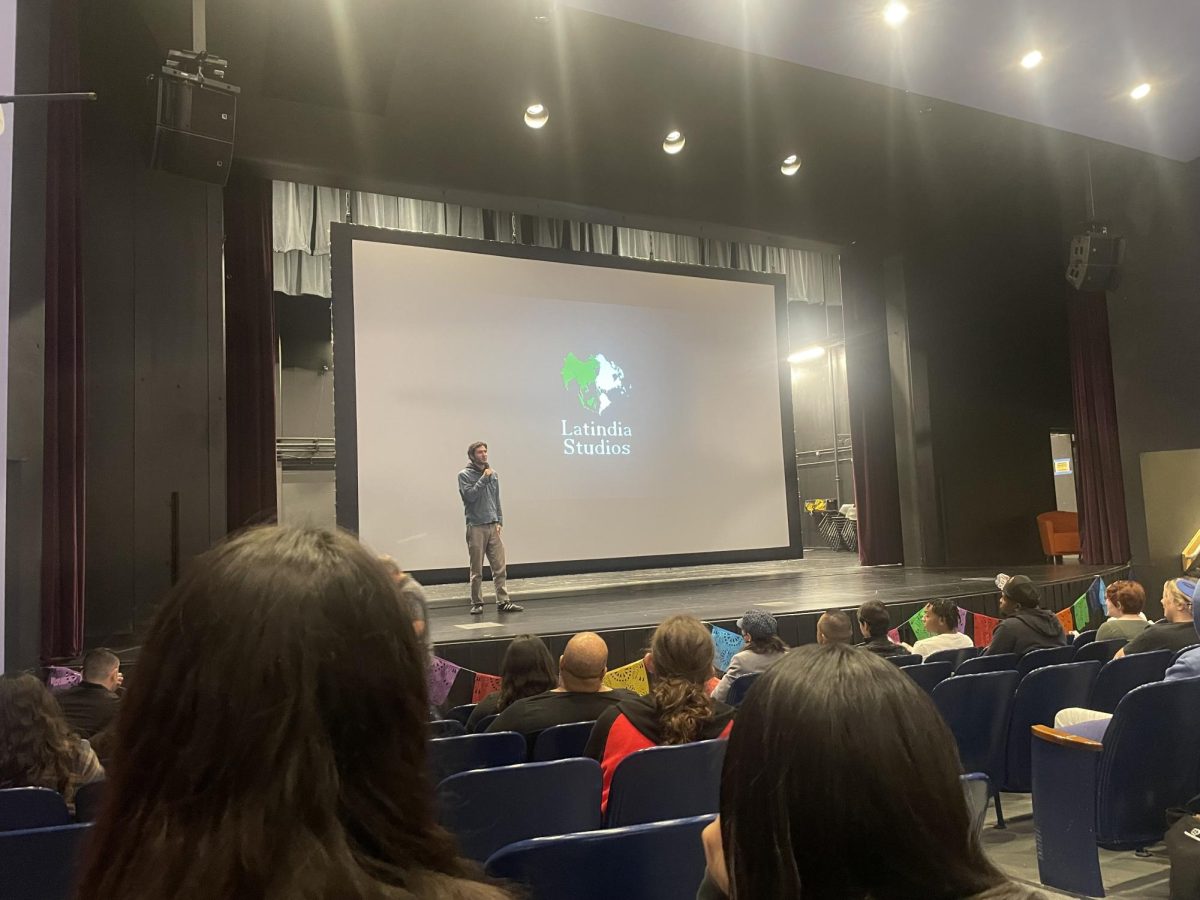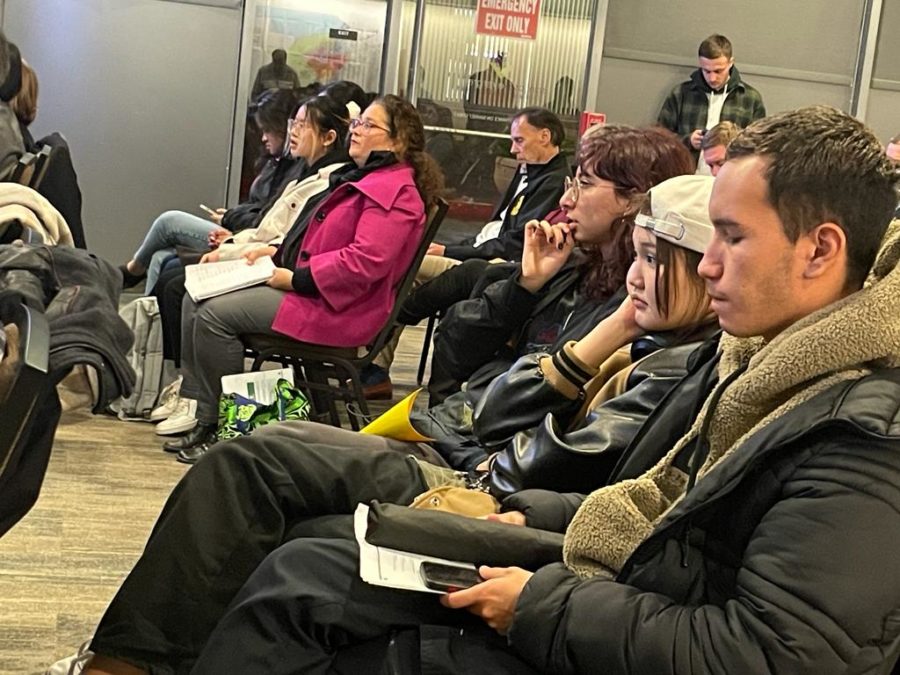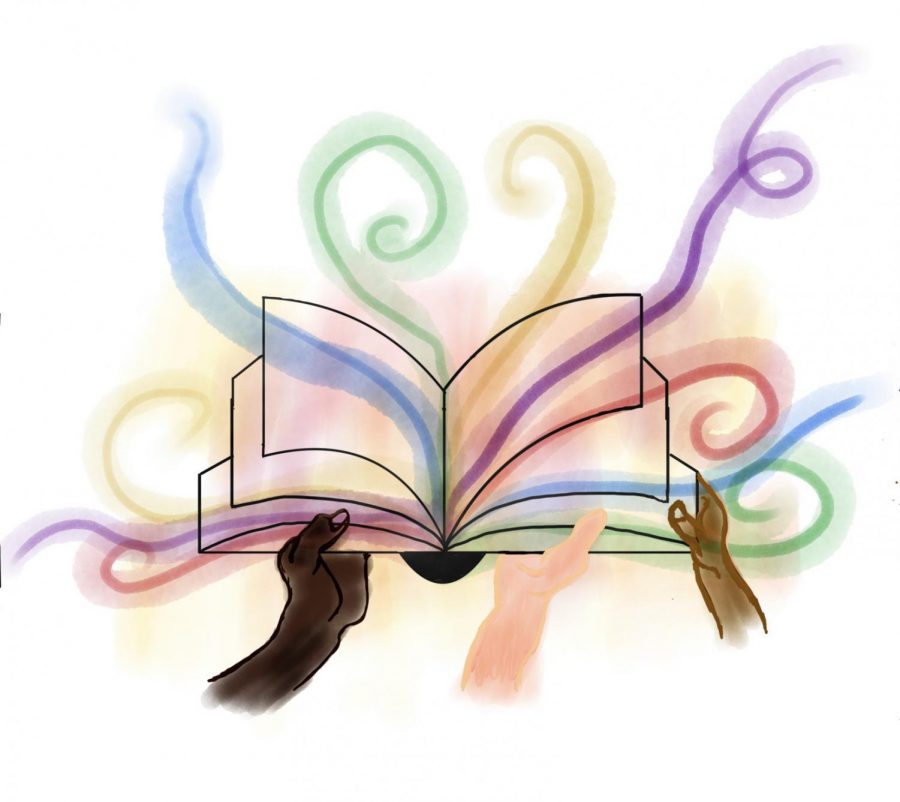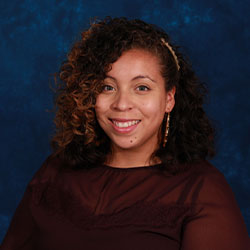SJCC offers multiple events and speaker series through Zoom sessions to honor Latinx Heritage Month, which is observed from Sept. 15 to Oct. 15.
Doctora Christine Vega, an assistant professor of Chicana/o Studies at San Jose State University, shared her experiences as a Motherscholar activist in an event Wednesday, Oct. 6.
While conducting her research, she said she traveled to different states interviewing other Motherscholars about their life stories.
“The stigma still exists, you can’t have a baby and become a profesora,” Vega said.
She said some women she interviewed did not want their personal information disclosed because of the fear of its impact on them one day becoming professors.
Johana (who did not want her last name to be disclosed), an SJCC alumni who is a Chicana and a mother, faced various struggles while she was attending SJCC as well.
“When my daughter was a year old I told my parents, I’m going to go back to school. The first thing my dad told me was who is going to take care of her?” said Johana.
She said she understood that education was important to not only provide for her daughters but set an example of the importance of education.
“I wanted to graduate for my daughter,” said Johana.
She said she was glad she didn’t let that discourage her, and continued pursuing her academic goals.
“Things are changing and it is really powerful to see mothers and parents and caretakers are starting to show up in these different spaces.” Vega said.
She shared the reason why she decided to follow her research. The data she presented was the following:
Out of 100 Chicanas in elementary school, only 60 will get a high school diploma, out of those 60, 0.2 will earn a Ph.D.
“When you meet Chicanas who have a Ph.D.s you’re basically talking to a unicorn. We are so rare, but we are starting to earn these Ph. D.s more and more.” said Vega.
Out of 100 Latinas in elementary school, only 54 will get a high school diploma, out of those 54, 0.3 will earn a Ph.D.
“This is some of the first data I saw back in 2006 about the educational pipeline, and I was really blown away. Like, what is happening to Chicanas, Latinas and Indigenous mujeres in the educational pipeline? How come it’s 0.3 percent? It’s not even a complete person.” said Vega.
She also shared a picture from La Raza magazine from 1975. On the cover of La Raza magazine it said 1975 International Women ‘s Year, Año Internacional de la Mujer.
The cover picture has a Chicana woman with her hand raised with a closed fist. With her left, she holds her young child close to her hip. Doctora Vega showed the cover of Chicana Feminist Thought book with the same image but with the child cut out.
“it blew me away, even in our studies this very important book, it shows and doesn’t show something and it’s also the reminder that you have one role only…it’s giving us a message, a very clear message.” said Vega.
Vega concluded her session by sharing some stories of the Latinx women she interviewed for her research.

